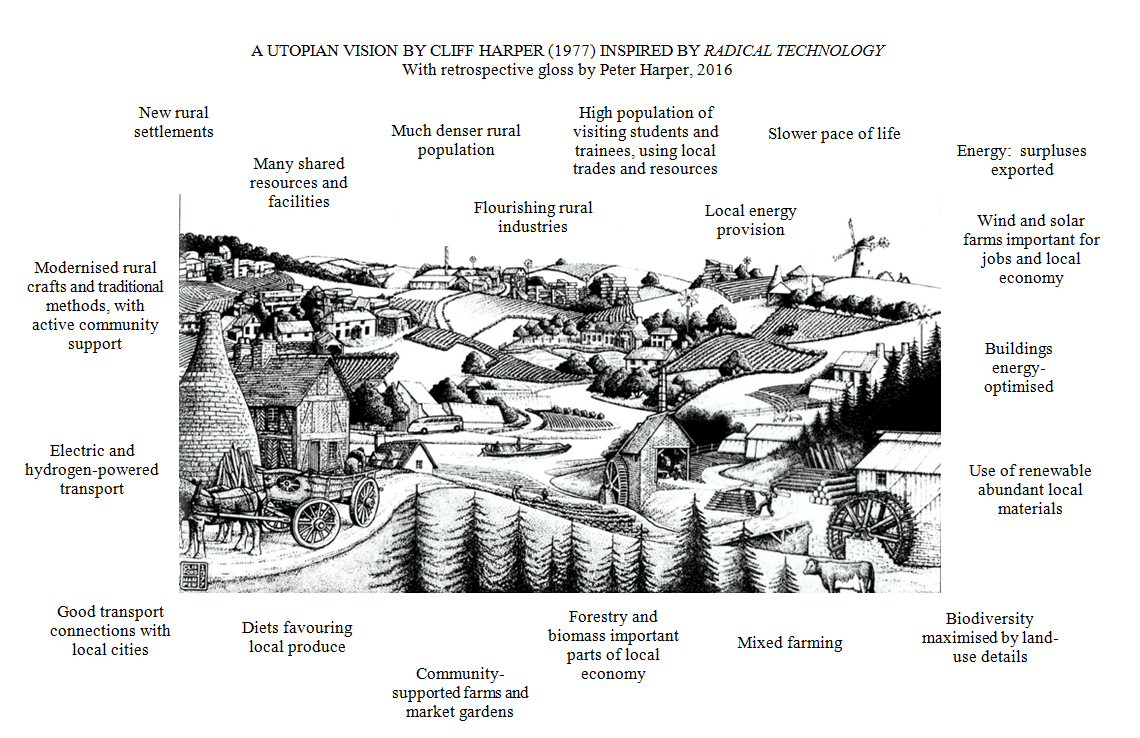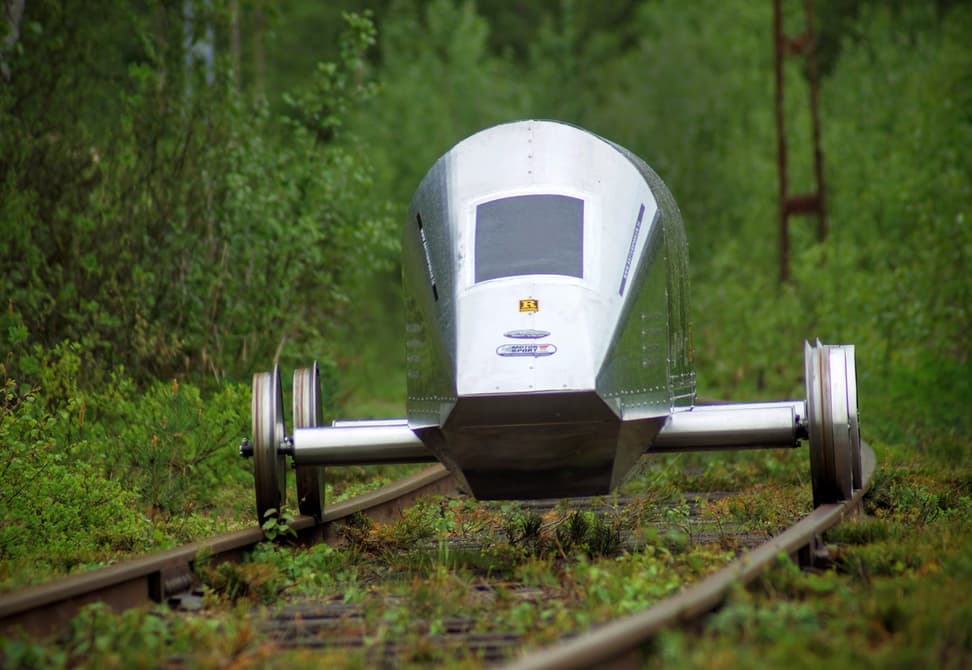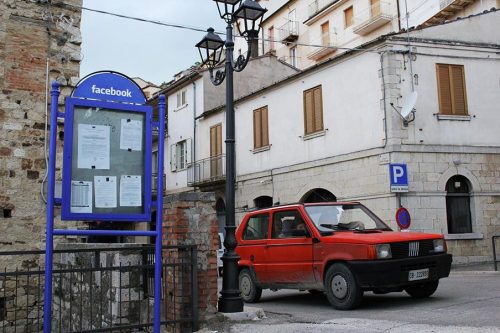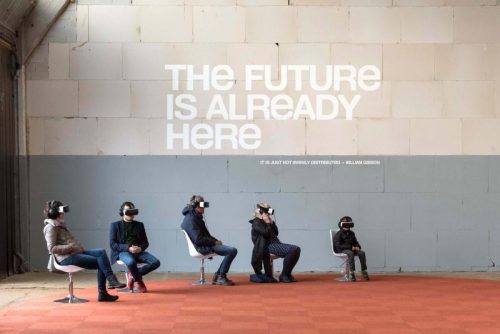Is Progress an illusion? Are catastrophic changes inevitable? Is Technology the problem or the solution? What are the practical alternatives? Such questions were asked 40 years ago in the pioneering book Radical Technology [PDF, 31.5 MB].
The conference Radical Technology Revisited will ask them again with even more urgency. The main event is in Bristol (UK) on Saturday September 3rd. Other events will take place on Friday 2nd and Sunday 4th, and will include presentations, workshops, debates, demonstrations, exhibitions, and a party.
Thanks to Leah Temper.











